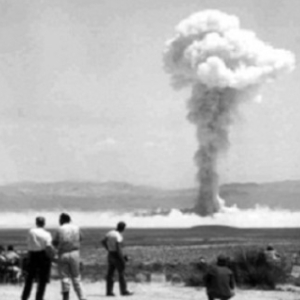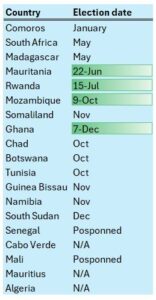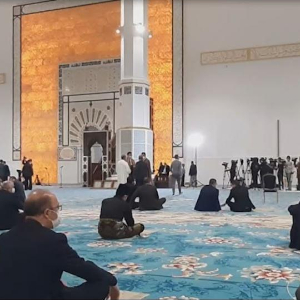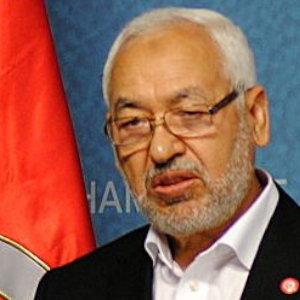This article is free, but it requires registration. Click on article to register or login

With MondAfrique
The island nation of Comoros on the Indian ocean is the first African nation to inaugurate the election season on the  African continent. And if the Comoros island is an example of what’s to come, Africa’s elections are going to count for nothing, with a few notable exceptions.
African continent. And if the Comoros island is an example of what’s to come, Africa’s elections are going to count for nothing, with a few notable exceptions.
In the Comoros, the incumbent President Azali Assoumani was declared on the 16 January 2024, the winner of rigged elections that triggered riots. As of January 18, Comoros witnessed a second day of turmoil resulting in one fatality and at least six injuries. Opposition parties contested the election results, alleging fraud and bias in favor of Assoumani, who, having changed the constitution in 2018 to bypass term limits, secured a fourth term with 62.97% of the vote. Accusations of dissent crackdown and protest bans were leveled against Assoumani, who also chairs the African Union.
President Assoumani and the Comoros are a template of what African politics looks like. African leaders have no interest in quitting their presidential seats without upheaval. Aside from some exceptions, there is no such thing as smooth presidential transition. Assoumani of the Comores has been in power since 1999.
So 2024 should be a record election year for Africa. Twenty countries, accounting for 346 million voters will be called to participate to elections that will mostly be rigged and decided in advance.
However, for those of you who live un western nations and where elections are the backbone of governance, it is worth noting that Africa has long been looking to distance itself from western-style democracy. Our colleagues from MondAfrique noted, rightly so, the for the most part, the forthcoming African elections have no democratic content and standards in them, citing the fact that different factors and actors have a more direct impact on the political systems in those countries. Among the factors cited by MondAfrique is the predominant role of the military in several countries like Mali, Niger and Guinea, the strength of traditional tribal structures, the rise of Islamic values favoring tradition over the law or finally the positive image of Vladimir Putin among many of African heads of state, factors that naturally clash with Western democratic values.
So of course, Africa does not have to mimic the west. It can create its own political model. But should we be pleased that a handful of ruthless rulers and their backers will win elections in advance? Not at all. Here is a snapshot of what to expect this year as African experience another election cycle.

This article is free, but it requires registration. Click on article to register or login

This article is free, but it requires registration. Click on article to register or login

This article is free, but it requires registration. Click on article to register or login
This article is free, but it requires registration. Click on article to register or login
This article is free, but it requires registration. Click on article to register or login
This article is free, but it requires registration. Click on article to register or login
This article is free, but it requires registration. Click on article to register or login
This article is free, but it requires registration. Click on article to register or login
This article is free, but it requires registration. Click on article to register or login
This article is free, but it requires registration. Click on article to register or login
This article is free, but it requires registration. Click on article to register or login
This article is free, but it requires registration. Click on article to register or login
More on Tunisia and the region Updated continuously [bookmark this page] Reactions abroad...
Islamist ruling party slams president's decision to suspend parliament as 'state coup' Tunisia's ruling party, the...
Thousands of Tunisians marched in several cities protesting against the ruling party Sunday, criticising what they...
Record numbers of people in Burkina Faso have become internally displaced or fled abroad as a result of jihadist...
Algeria will manufacture the Chinese coronavirus vaccine Sinovac locally, the government announced Saturday, in a...
Libyan authorities on Saturday stepped up their vaccination campaign around the capital Tripoli, as coronavirus cases...
The exhausting fight against Covid in Tunisia By Cecilia Sanchez In Tunisia's Mediterranean resort of Sousse,...
This article is free, but it requires registration. Click on article to register or login
This article is free, but it requires registration. Click on article to register or login
This article is free, but it requires registration. Click on article to register or login